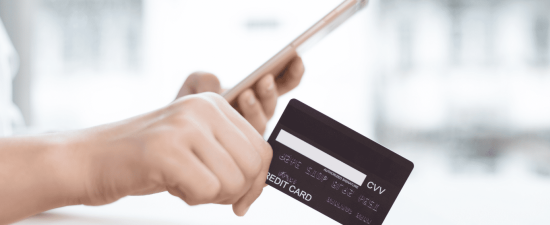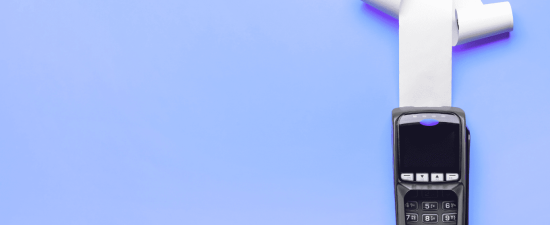You want a merchant account so you can accept credit cards. You’ve applied to several but keep getting denied. Throughout your journey, you’ve found out that you need a high-risk merchant account. The question is – why? What are the determining factors that make you high risk?
We see this a lot at Dual Payments. High risk merchants tend to have more hoops to jump through and most often pay on average 3-10X higher fees than those who are not classified high risk.
It doesn’t seem fair, we get it. You have a legitimate business and practice with integrity. To you, you’re not a risk at all. The reason you’re having a harder time is in the name – risk. Credit card processors are a business and want to make money, too. They want as much of a guarantee on their money as they can get, they don’t want to risk losing money.

Let’s look at the most common factors that determine whether your business is classified high risk.
7 Factors for High Risk Merchant Accounts
- You have bad credit history. Having a bad credit score within your personal account will likely put you in the high risk category. Since a credit score is a great at-a-glance indicator of how well you manage your money – a lower score means higher risk.
- Frequent merchant account switches. If merchant account providers see you’re changing accounts all the time, it’s a red flag for them. It makes them question why you’re always changing – is it because your accounts are delinquent and you keep getting dropped?
- High chargeback rate. If your industry has a high rate of chargeback, then it will likely put you in the high risk category. This might not have anything to do with your business, but can indicate your clientele’s behavior patterns. This would make you high risk.
- High rate of fraud. If your industry tends to have lots of transactions that are deemed fraudulent, then you’ll be considered high risk. This tends to happen most in e-commerce virtual terminals and card-not-present transactions.
- Selling goods that walk the line of legality. If you sell merchandise that can be associated with illegal activity, like marijuana paraphernalia, then you’ll need a high risk account.
- Offshore business. Having a business that operates in the United States but is located overseas is a giant red flag. This type of business makes it really tricky for account underwriters to know the inner workings of your business.
- High average ticket amount. If you sell items that cost a lot, like electronics, then you’ll be considered high risk. One chargeback is a significant amount of money lost.
Finding a processor who will work with you can be more difficult, but not impossible. It’s best to find a processing company that specializes in high risk merchant accounts AND doesn’t nickel and dime you with fees.
Dual Payments checks both of those boxes and we would love to work with you. Click here to see what we have to offer.










